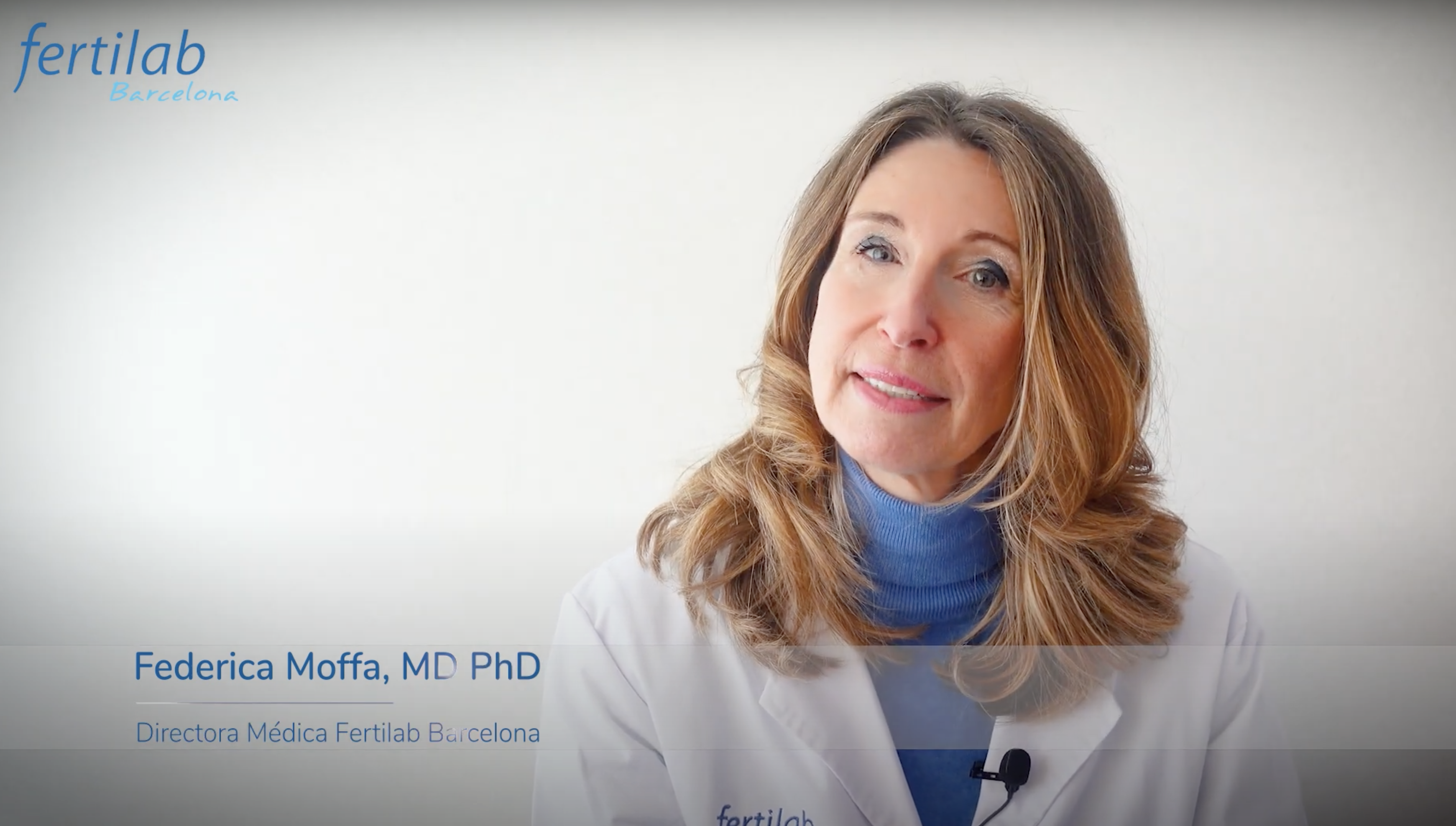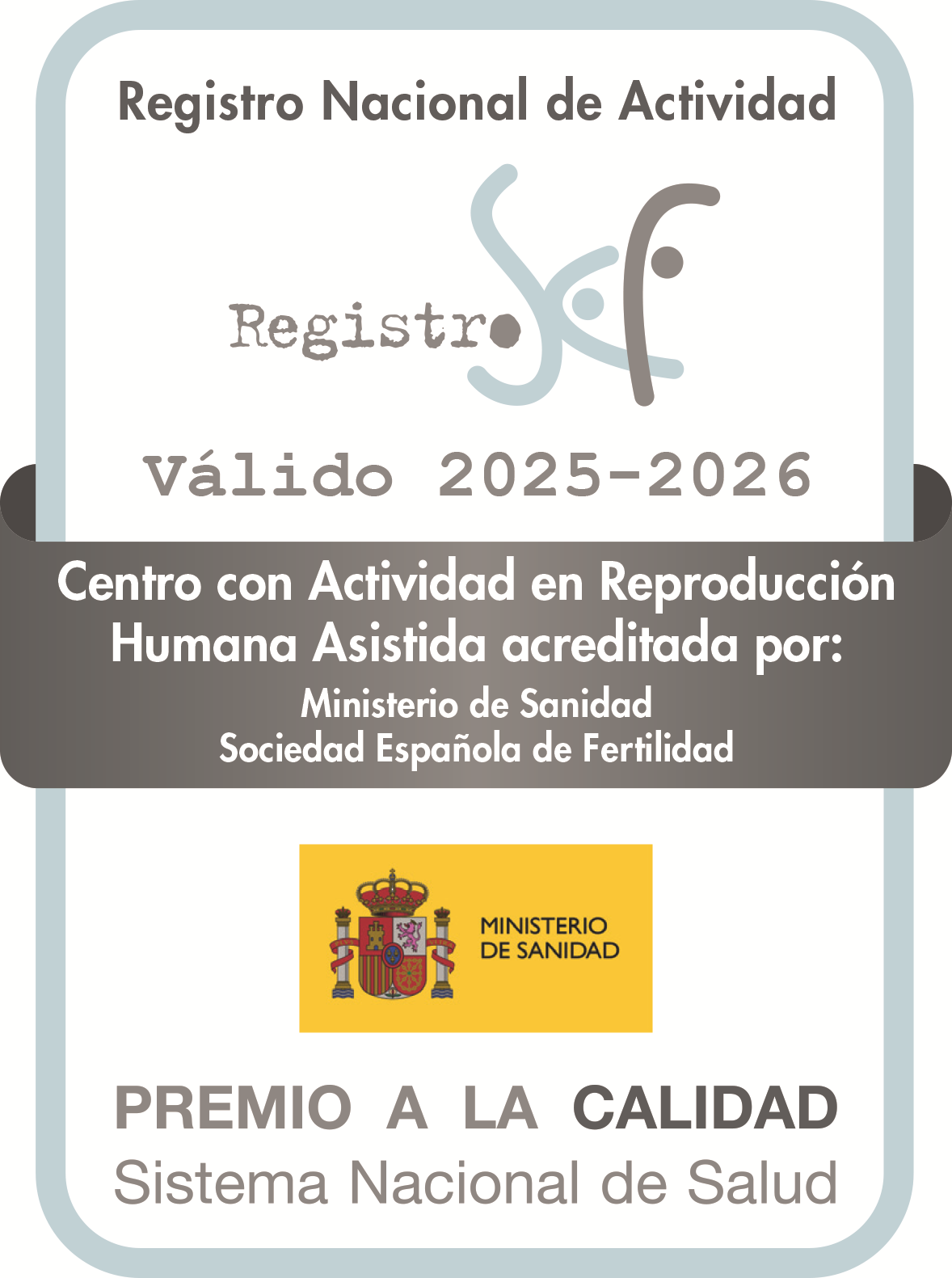Oncofertility Unit
Oncofertility Unit
What is oncofertility?
Oncofertility is the branch of Human Reproductive Medicine that studies the effects and risks of cancer treatments on fertility and pregnancy while assessing the impact and risks of pregnancy and fertility treatments in cancer patients.
This speciality is becoming increasingly relevant due to several factors that have evolved rapidly over the past 20 years:
- Increased cancer incidence in children and women of childbearing age, leading to an increased number of consultations.
- Improved survival of cancer patients, who can start family planning once they have overcome their illness.
- Progressive delay in motherhood, leading to an increased risk of having developed certain tumours, such as breast or colon tumours, BEFORE becoming a mother or completing their desired family model.
It is a MULTIDISCIPLINARY speciality, made up of specialists from different areas: obstetricians, specialists in reproductive medicine, gynaecological oncology, medical oncology, radiotherapy oncology, psycho-oncologists, nutritionists and, depending on the type of tumour, doctors from other specialities may also participate: general surgeons, haematologists, etc.
What do I need to do if I am diagnosed with cancer, or if I have already overcome it and want to have children?
- In the case of a recent diagnosis, it is important to request an urgent initial appointment, even before starting the planned treatment. This will allow us to take steps to preserve fertility, if appropriate.
- In the case of a past diagnosis, after the cancer treatment has finished, you will be asked to send all documents related to your cancer diagnosis and treatment, as well as a letter from your oncologist describing the latest monitoring tests and/or current medication.
Presentation of the unit
Fertilab Barcelona’s Oncofertility Unit is a pioneer in Europe and comprises experts with over 20 years of healthcare and research experience in human reproduction and oncology, led by Dr Alex Garcia-Faura.
It collaborates with centres worldwide in clinical trials on different types of tumours, such as breast, endometrial, ovarian and colon cancer, haematological tumours (leukaemia, lymphoma) and others such as melanoma and thyroid cancer.
The personalised, individualised treatment of each patient is a key factor not only in achieving the goal of a healthy child at home, with a high success rate and in a short time, but also because of the human approach and support for our professionals’ patient.
Unit Objectives
Fertilab Barcelona’s Oncofertility Unit has several objectives when it comes to accompanying and advising patients:
- In the event of a cancer diagnosis, to provide guidance to the patient on the options available to her for preserving her fertility. From techniques that can reduce the risks of cancer treatment on her future fertility to techniques that allow us to preserve gametes (eggs or semen) or embryos so that she can become a mother in the future.
- Psychological support for the patient at a time of great distress over cancer while she must reflect on her reproductive future.
- Once the oncological treatment has ended, to compile all the necessary documentation to guarantee that we can approach a safe pregnancy and propose to the patient the ideal moment and method to follow (either natural or through assisted reproduction) to achieve pregnancy.
- To assess the risks of cancer treatment on pregnancy and of pregnancy on the risk of cancer recurrence; to decide, together with the patient, which options are possible and which are too risky or not feasible to take.
- To assess other risk factors, such as advanced age, obesity, etc., that may increase risk.
Oncofertility success rates
In general, if the oncological treatment has finished, the oncologist concurs that treatment has been completed, and if there are no other serious risk factors (obesity, age >50 years):
- Over 90% of patients will be accepted by the Oncofertility Committee to embark upon their family planning project.
- Over 80% of patients will eventually achieve the goal of a healthy baby at home.
- The average time from the first appointment to delivery is, on average, between one and one and a half years, depending on whether there are additional infertility issues.
- If the appropriate fertility preservation measures have been taken (freezing of eggs, sperm, etc.), over 50% of patients will have a child with their own gametes. Even so, at present, 90% of patients have to resort to gamete or embryo donation to take home a healthy child.














